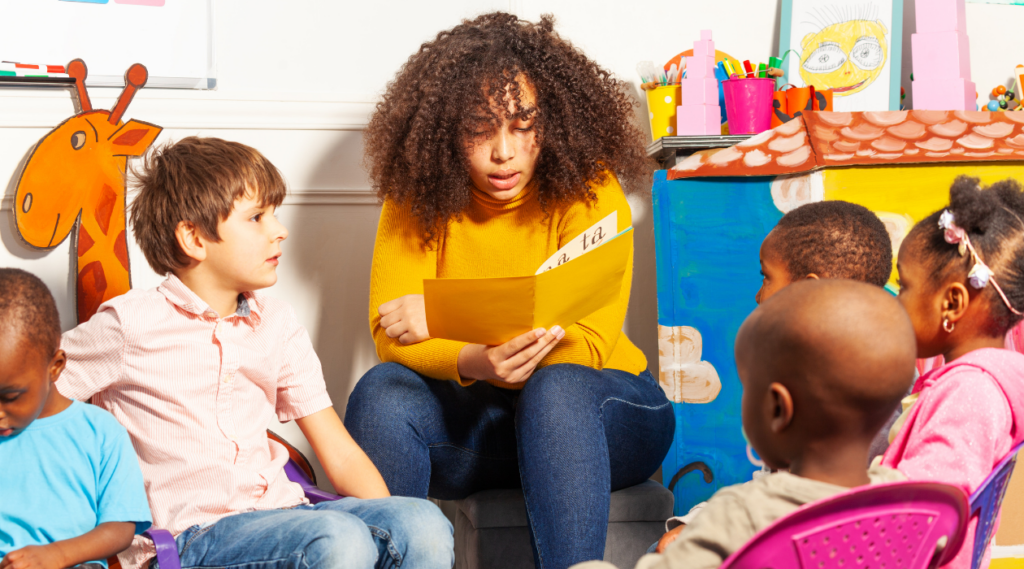
At its core, the Montessori Method emphasizes hands-on learning, self-directed activity, and collaborative play. In a Montessori classroom, children are encouraged to explore, discover, and engage with materials at their own pace, under the gentle guidance of trained educators. This approach honours the natural development of children, nurturing their innate desire to learn and grow.
Key Principles:
© 2024 The Beehive on Queen’s Park